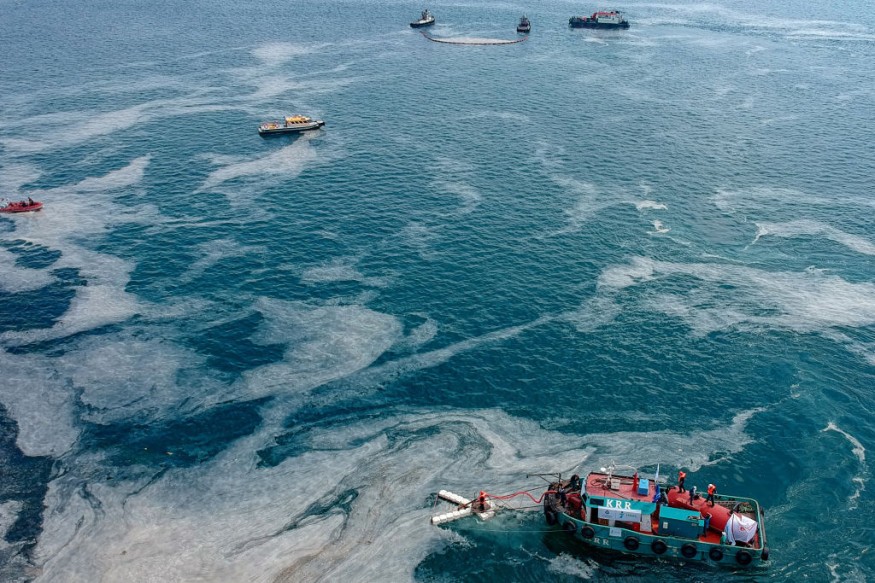
Phytoplanktons are found to be responsive to heat waves in the Arctic Region, a move that is different when they are in areas with elevated temperatures.
Increasing Marine Heat Waves
A recent study has found that marine heat waves are increasing in frequency and intensity as the climate change progresses. This has been mainly observed in the highly productive Arctic regions.
Experts noted that although their effects on primary producers will largely determine the expected effects on ecosystem services, the mechanistic understanding on phytoplankton responses to these extreme events has been dubbed as very limited.
In a warming climate, scientists mentioned that extreme events such as marine heat waves have become more frequent, intense, and longer-lasting.
Most of the time, they expose species to conditions that are beyond their tolerance thresholds with far-reaching consequences when it comes to the entire ecosystems.
The effects of marine heat waves include shifts in community composition, mass mortality of species, and severe biodiversity loss, up to the collapse of regional fisheries.
In the Arctic, marine heat waves have already increased in number over the past decades. Due to the rise of this phenomenon, the effects are also expected to increase further as temperatures rise and sea ice declines.
Read Also : Phytoplankton That Absorbs Carbon Existed in the Southern Ocean Last 25 Years but Died Too Soon [Study]
Stable Warming Responses
Scientists have experimentally exposed Arctic phytoplankton assemblages to stable warming, as well as to repeated heat waves. Further, they even measured temporally resolved productivity, physiology, and composition.
They showed that given the phytoplankton's role as the basis of the marine food web, changes in it could resonate throughout the entire ecosystem of the Arctic region.
The results of the study had indicated that even extreme stable warming increases productivity, while the response to heat waves will largely depend on the specific scenario applied.
Researchers said that this is not predictable from stable warming responses. They explained that this appeared to be largely due to the underestimated impact of the cool phase following the occurrence of a heat wave.
They further pointed out that this can be at least as important as the warm phase for the overall response.
Researchers also showed that physiological and compositional adjustments to both warm and cool phases drive overall phytoplankton productivity and this activity needs to be considered mechanistically to predict overall ecosystem impacts.
It was explained in the study that esponses to short-term heatwaves proved less intuitive as they were driven by a complex interplay of warming and cooling effects, and shifts in community composition and physiology were carried over from one temperature phase to the next.
The study indicated that temperature increases can cause positive or negative effects on productivity, depending on whether exposure takes place uniformly or oscillates as a heatwave and includes cool phases.
Due to this discovery, the knowledge on responses under stable warming cannot simply be transferred to anticipate effects of heatwave scenarios, which consist of warming and cooling.
Related Article : Ocean Gases From Phytoplankton Aid in the Formation of Dense Clouds That Reflect Sunlight in Antarctica
© 2025 NatureWorldNews.com All rights reserved. Do not reproduce without permission.





